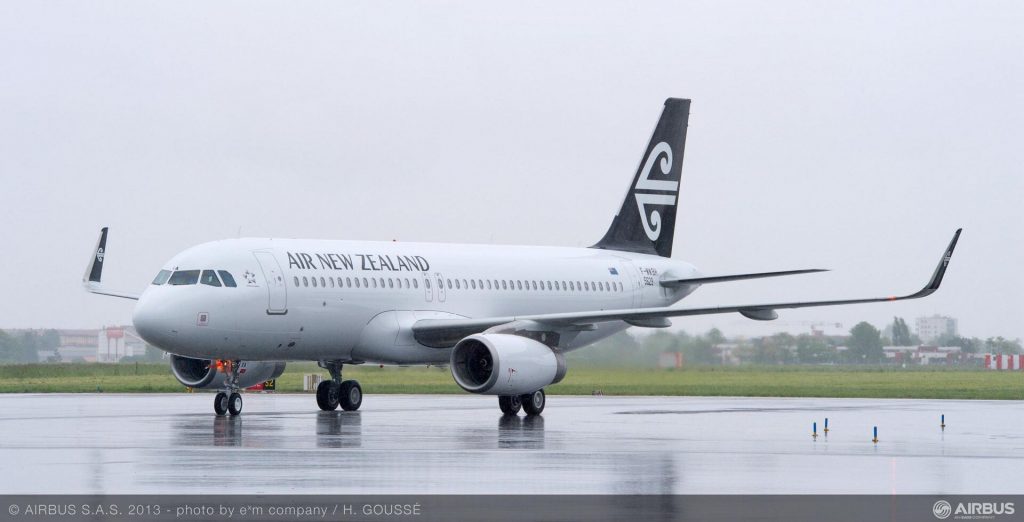
Air New Zealand and Airbus are committed to developing hydrogen-powered aircraft
Air New Zealand and Airbus have signed a Memorandum of Understanding to collaborate on a project to identify opportunities and challenges for hydrogen-powered aircraft in New Zealand. The joint work seeks to contribute to the airline’s plans to reach its net carbon dioxide emissions target by 2050.
As agreed, the airline will analyze the impact hydrogen aircraft can have on its network, operations and infrastructure, while the manufacturer will provide information, support, performance requirements for hydrogen aircraft and ground operations characteristics, to help develop Air New Zealand’s decarbonization roadmap.
For Greg Foran, CEO of New Zealand, “The MoU is an exciting step toward understanding how hydrogen-powered aircraft can become a reality in New Zealand.” The agreement will also give a boost to the company’s plans to implement low-carbon solutions for its short domestic and regional flights starting in the next decade.
Foran further argued that New Zealand “has a unique opportunity to be a world leader in the adoption of zero-emissions aircraft, given the country’s commitment to renewable energy, which can be used to generate green hydrogen.”
Currently, the airline, on the one hand, is in the process of considering hydrogen or electric propulsion of aircraft for shorter domestic flights. On the other hand, it finds in Sustainable Aviation Fuels (SAF, English acronym) the close solution to reduce the impact of its long-range operations.
The memorandum paves the way for both companies to work together, exchanging relevant information potentially beneficial to both from this unprecedented engagement in the Asia Pacific region.
Airbus Asia Pacific President Anand Stanley confirmed that they chose Air New Zealand “because of its commitment to sustainability, its reputation for technical excellence and alignment with the manufacturer’s own decarbonization goals,” while stressing that “the joint study will allow us to obtain information that is not Invaluable about what airlines expect and preferences in terms of configuration and performance.”
Airbus is currently studying three hydrogen-powered aircraft concepts called Zero: a turboprop, a turboprop and a common wing option. Airplanes are powered by hydrogen combustion through modified gas turbine engines.
In addition, according to the company, hydrogen fuel cells generate electrical power that complements gas turbines, resulting in a highly efficient hybrid-electric propulsion system.

“Reader. Travel maven. Student. Passionate tv junkie. Internet ninja. Twitter advocate. Web nerd. Bacon buff.”

